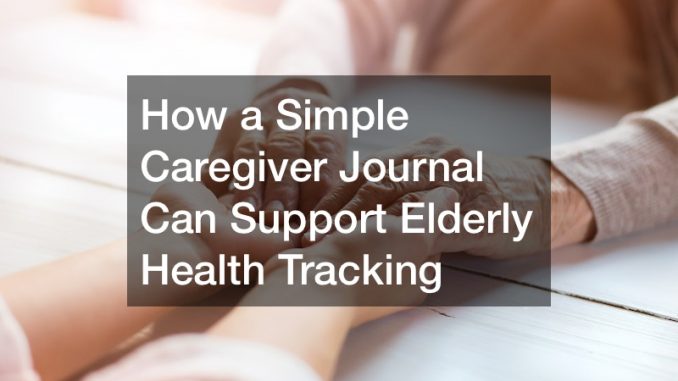3>
Though you are principally responsible for caring for the patient, it is likely that you’re working in conjunction with other professionals including family doctors dentists, nurses and dental professionals in order to make sure that the patient’s health is protected. PBS says that 13 million seniors get admitted to hospitals each year. The information you provide regarding your loved one in the event that they’re admitted into the hospital.
Triage is a great way for nurses to gain an amazing understanding. They’re also limited in that they aren’t able to interact in the presence of the person. You do. You are.
Sometimes, the senior adult cannot offer accurate data about the condition they are suffering from. For example, if they suffer from Alzheimer’s or other dementias, they have a poor recall of their condition. A doctor could use the data in your caretaker’s journal to gather the exact information you need from reliable sources.
4. Through allowing for Continuity in Care while you are away
Home Care Pulse found that caregiver retention rates range from 40 to 67%. This is despite reality that many caregivers leave for non-communication or absence of recognition. The caregiver may not work as an agency, if you are employed. If you’re an unpaid family caregiver, situations like moving between states can cause you the need to end your the care.
A journal of the elderly caregiver is an excellent method to track the health of your loved ones even when you’re not present. A patient’s elderly health shouldn’t be negatively affected by the care they provide. If the patient needs orthopedic treatment, they should keep receiving it, even during your absence.
A detailed caregiver journal can be an excellent gift for you to leave your patient. Details such as previous incidents such as doctor’s appointments as well as new issues for the senior could be easily accessed by the new caregiver.
7v77qquqap.

